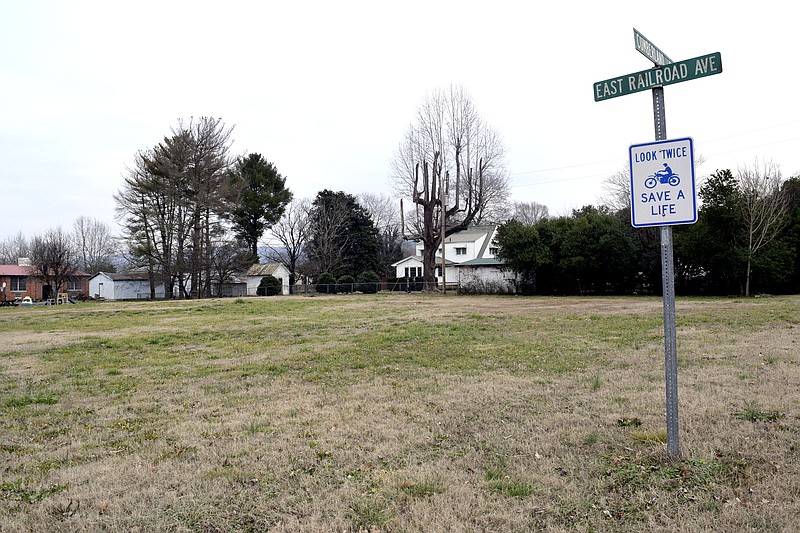The city of Pikeville, Tennessee, denies any wrongdoing or violations of state or federal law in answer to a Bledsoe County Chancery Court lawsuit filed by the county mayor and his wife over the denial of a rezoning request.
Bledsoe County Mayor Gregg Ridley and his wife, Becky, filed a lawsuit in December over the denial of their rezoning request for a city lot he wanted to sell as commercial property, alleging violations of the Fifth Amendment right to due process and the state's Open Meetings Act. The Ridleys bought the lot in December 2016 and tried to market it to potential buyers Little Caesars Pizza, River Valley Farm Credit, FirstBank, Mountain Valley Bank, Pikeville Dentistry, Hardee's and Victory Motors, records show.
The lawsuit, in short, challenges the validity of new city zoning rules put in place after the Ridleys bought the property. At the time of the purchase, Pikeville had no zoning rules, but the city adopted new regulations in June 2018. The Ridleys contend the city's actions amounted to having "the same effect on the [Ridleys'] ability to make use of their property as an actual exercise of eminent domain," the suit states.
In its answer to the suit filed March 4, the city of Pikeville denies it held "private meetings" or committed any other violations of state or federal laws, or any "wrongful regulatory taking of [the Ridleys'] property," records state. The city also contends chancery court has no jurisdiction in portions of the suit and that the Ridleys didn't state a claim for which relief could be granted.
The Ridleys paid $30,000 for the lot and the house on it, then invested another $5,000 to demolish the house, remove trees and ready the property for sale, according to court records.
The north end of East Railroad Avenue has several existing businesses along it, while the south end has homes on either side of the Ridley parcel. A narrow, undeveloped grassy strip runs between East Railroad Avenue and U.S. Highway 127 for a block across the street in front of the property.
The Ridleys' suit seeks unspecified damages, court costs and attorneys' fees, and a court order either requiring the city to approve the Ridleys' request to rezone the property to commercial or, alternately, declaring the zoning board "null and void" for violating the state's Open Meetings Act by allegedly not advertising meetings held in September and October.
The city's response reserves the right to amend the answer as the case progresses and calls for the dismissal of the lawsuit, court records state.
There has been no hearing date set in the case, Chancery Court officials said this week.
Contact staff writer Ben Benton at bbenton@timesfreepress.com or 423-757-6569. Follow him on Twitter @BenBenton or at www.facebook.com/benbenton1.


